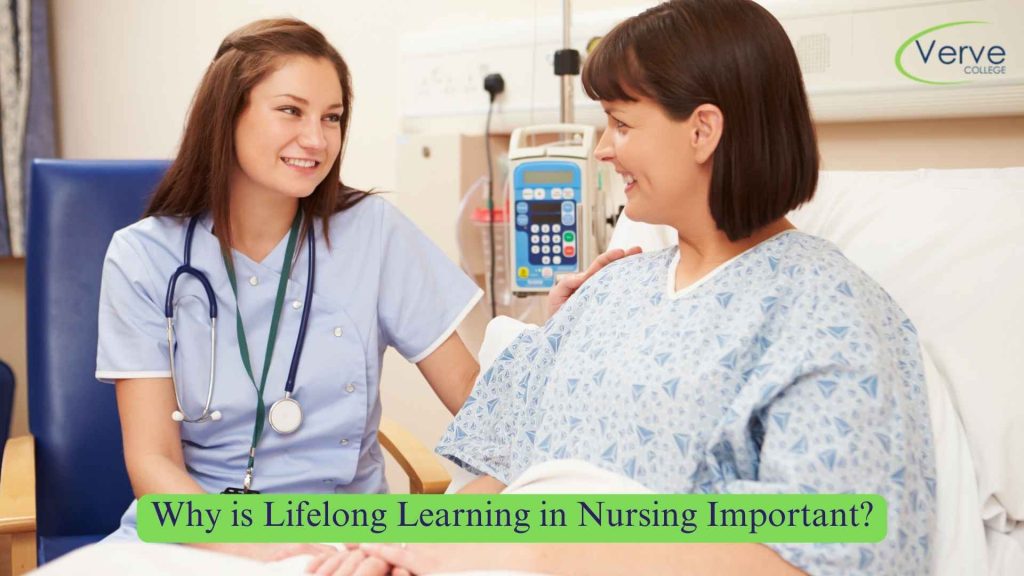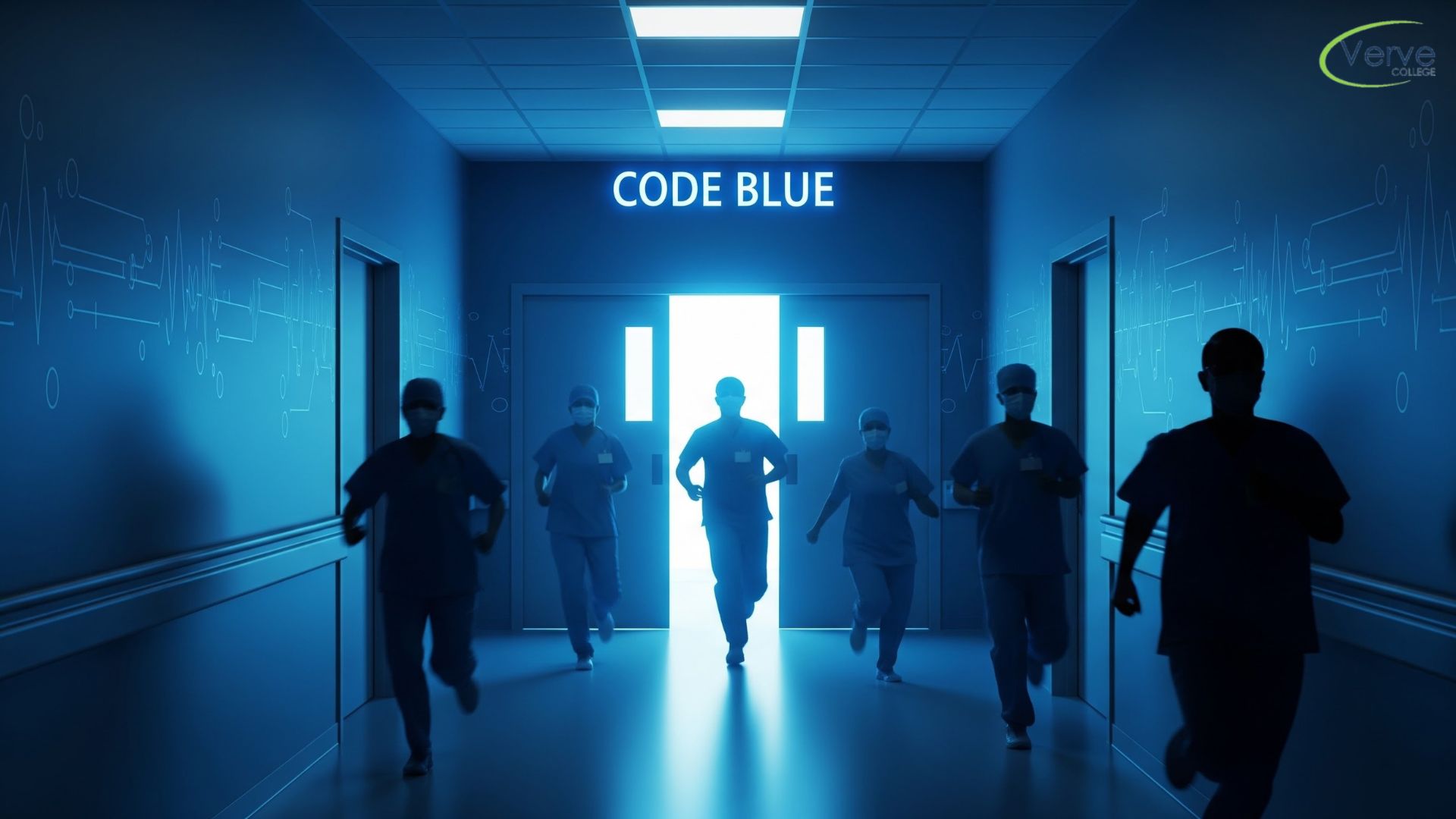- Oak Brook:(630) 705-9999
- Chicago:(312) 920-8822
- Email:inquiry@vervecollege.edu
- Make a Payment
- Home
- Programs
- Admission
- Resources
- ATI Entrance Exam Resources
- New E-Digital Library
- Refer a Friend
- School Newsletter
- Events
- Employers
- Job-Network
- Alpha Beta Kappa Candidates
- Verve College Library
- Graduation and Pinning Ceremony Photo Galleries
- Textbook Information
- Career Services
- Tutoring
- School Catalog
- FAQ
- Constitution Day Program
- Alumni
- Verve College Plans
- Financial Aid
- HEERF Reporting
- Satisfactory Academic Progress
- Apply For Financial Aid
- Net Price Calculator
- Return of Title IV Funds (R2T4)
- Financial Aid Office Code of Conduct
- Contact
- FAQs
- Verification Policy
- Vaccination Policy
- Student Right-to-Know Act
- Misrepresentation
- Information Security Program
- Academic Award Year
- Availability of Employee
- Cost of Attendance
- Health & Safety Exemption Requirement
- Students Rights and Responsibilities
- Leave of Absence
- Pell Formula
- Military Students
- Grants/ Scholarship Policy
- Contact Us
- Testimonials
- Blog
Is a Nursing Career Right For You?
Take The Free Quiz
Lifelong Learning in Nursing: Definition & Example
Lifelong Learning in Nursing: Definition & Example
However long you’ve been a nurse, there has been much change since the time you began your nursing profession. From research findings that modify methods of care for patients to policy changes that improve the engagement of patients, Healthcare is constantly evolving at a rapid pace at healthcare facility.
Continuous learning from Illinois College of nursing accreditation is essential for maintaining a healthy practice. Nurses should regularly develop their skills and knowledge, which means that continuing education isn’t just a nice thing to have, but an absolute degree requirement for top-quality healthcare for the patient.”
Why is Lifelong Learning in Nursing Important & Meaningful in Healthcare?
Healthcare is more complicated than ever. Not only is the patient population more multifaceted than ever before, but patients are more likely to get sicker and have many complications. Therefore, nurses need to develop the skills required to provide culturally appropriate treatment, as well as extensive interventions and treatments.
Although nurses will surely learn and improve their skills through work experience, higher nurse educ may provide a significant boost. For instance, practical nurses taking part in this nursing degree program at Verve College, which is the best nursing schools in Illinois (private school of nursing) with prerequisite courses dive into the most pertinent issues affecting current nursing practice, which includes the most recent developments in clinical rotations, f evidence-based practice & clinical performance and forensics nursing policy reform as well as social justice and advocacy.
Related:- Which US States and Specialties Offer the Highest Nurse Salaries in 2024?
Based on a professional growth or growing amount of research, the collection of information will have lasting effects on the care to patients at nursing homes. In comparison to nurse who hold a diploma or, nurses who have a LPN license or professional education are associated with higher patient outcomes and lower mortality and failure to rescue rates.
A higher standard of patient care is achievable according to the AACN as “practical nursing programs (professional educational programs) build upon the initial nursing education with clinical courses to increase the development of professional nurses or healthcare professional, prepare them for a greater range in advanced practice and give clinical nurses a more understanding of the cultural political, economic, and other issues which impact patients and impact the way in which they receive care in nursing career.
Examples of Lifelong Learning in Nursing
Consider the number of times you have been asked to learn something new but with very little or no guidance. Maybe you have been required to learn a different method of executing the nursing process and procedure due to an alteration in the supply or healthcare guidelines. Perhaps you’ve learned to deliver educational methods for patients in a different way due to a shortage of staffing (healthcare staff) or budget cuts at your institution. Finding a new medicine, learning about a particular method of disease, and incorporating evidence-based practices within your nursing practices are just a few examples of continuous learning.
 Sign up
Sign up Login
Login




